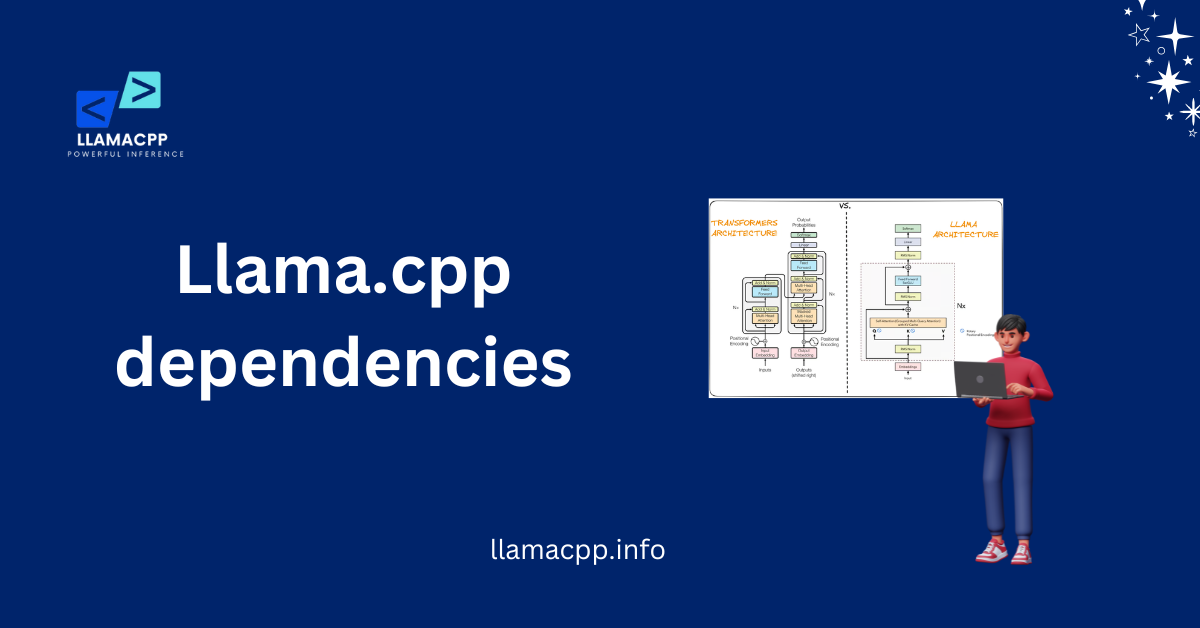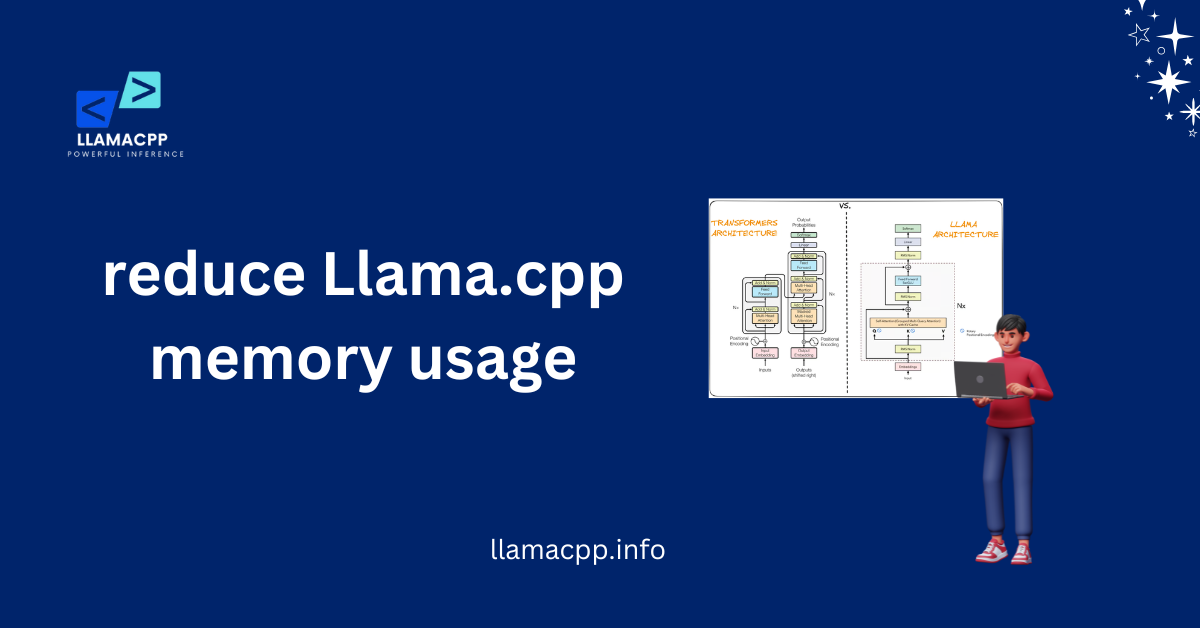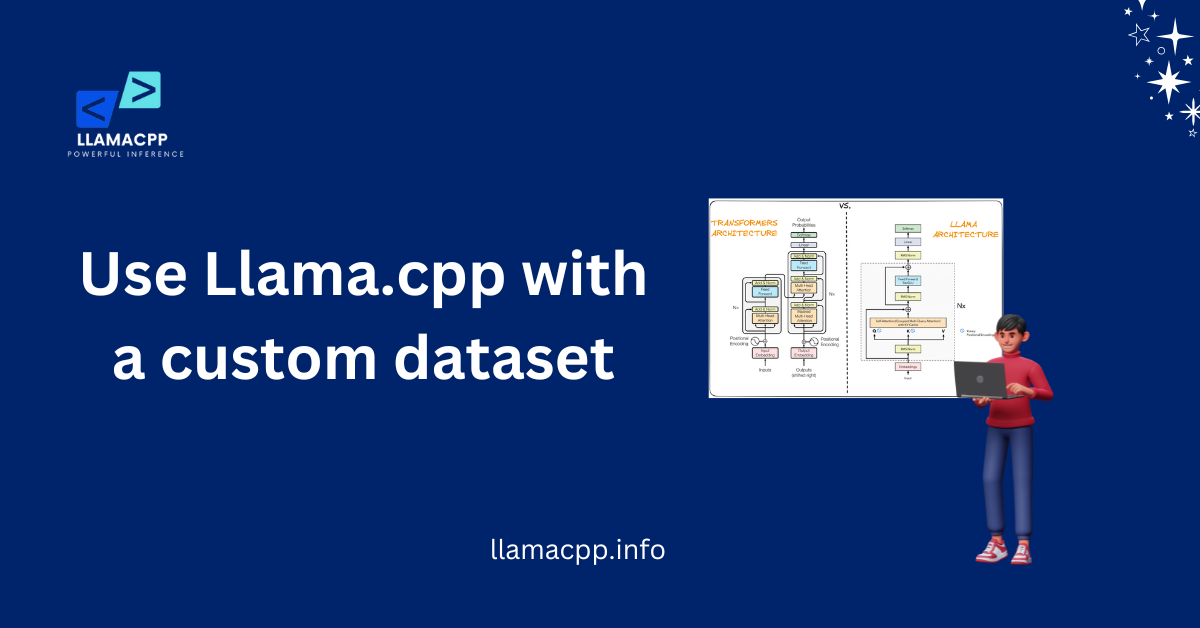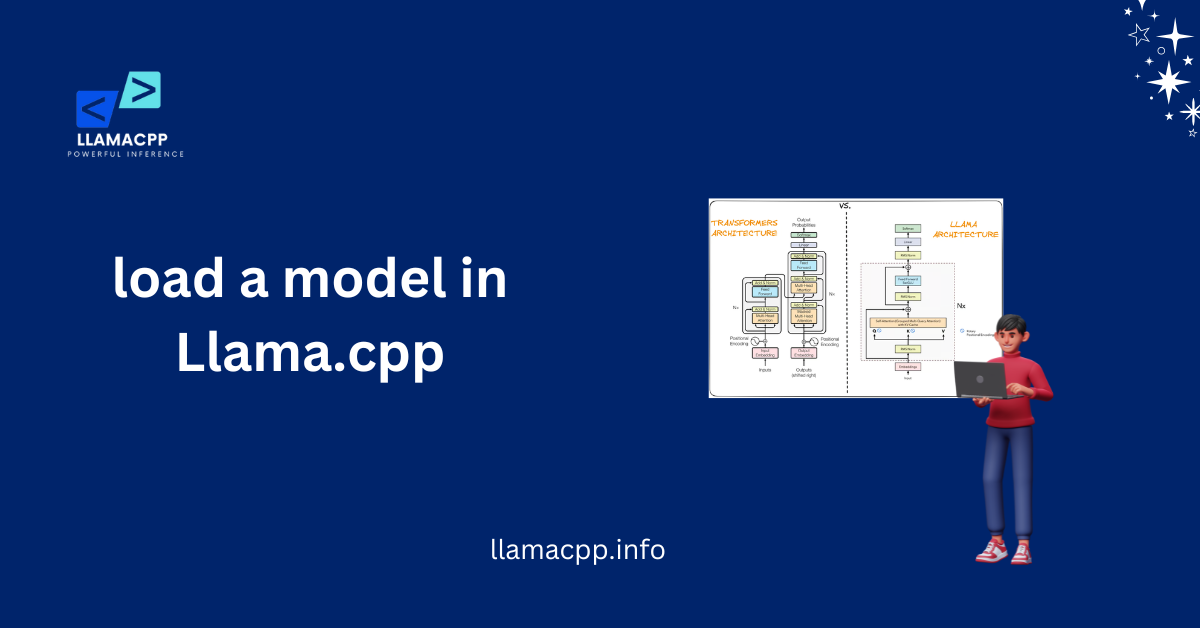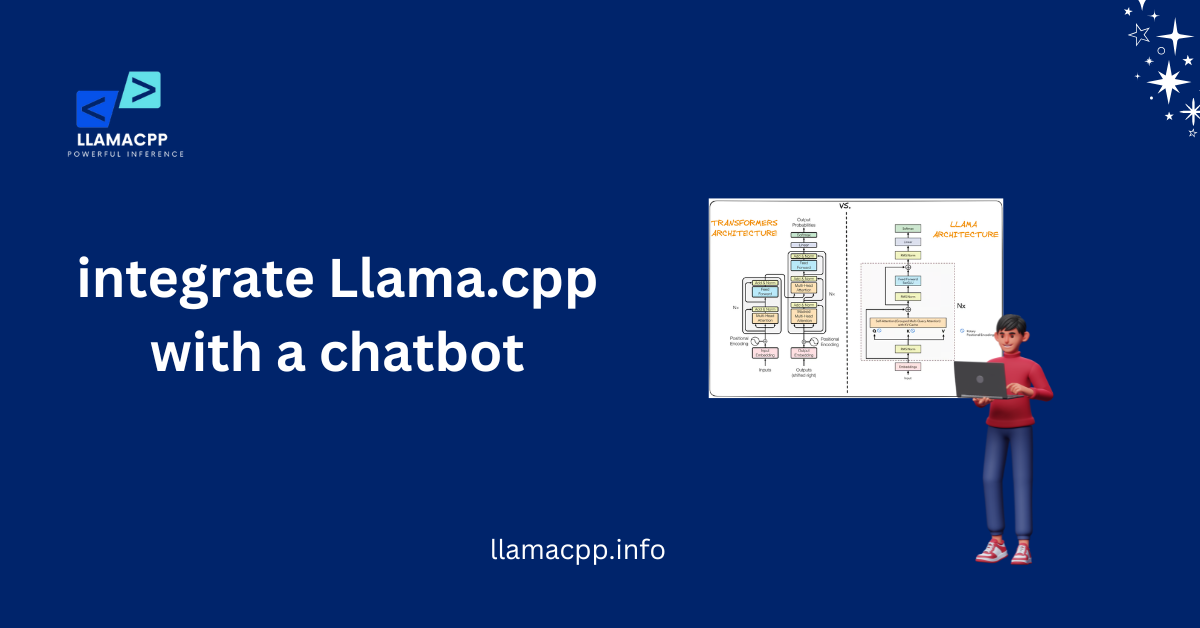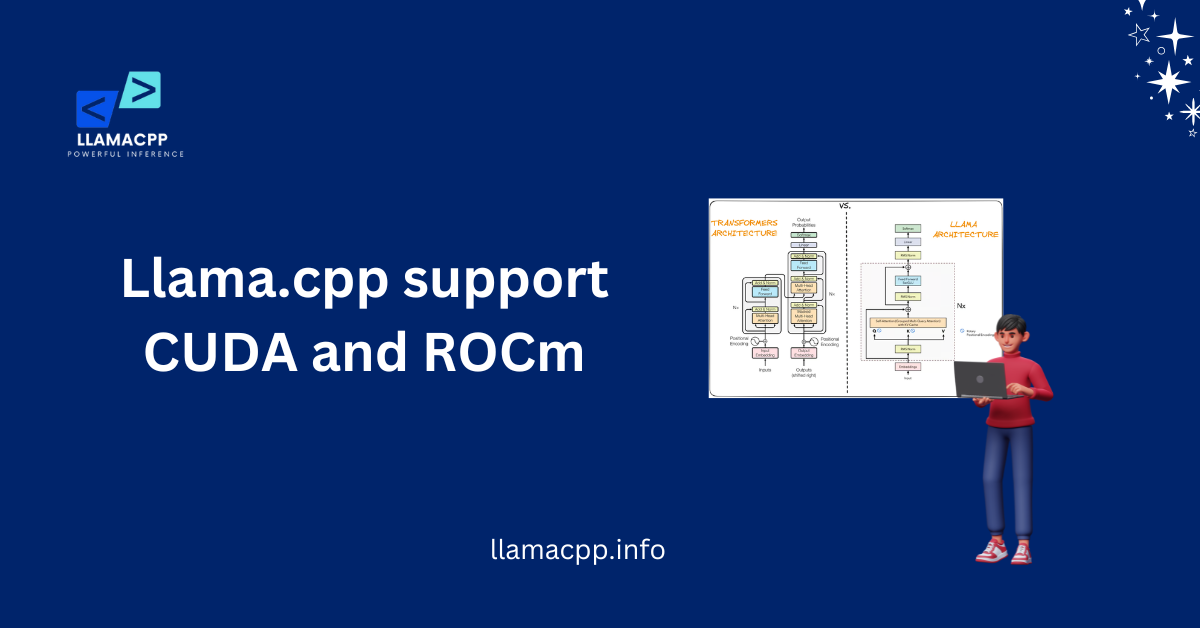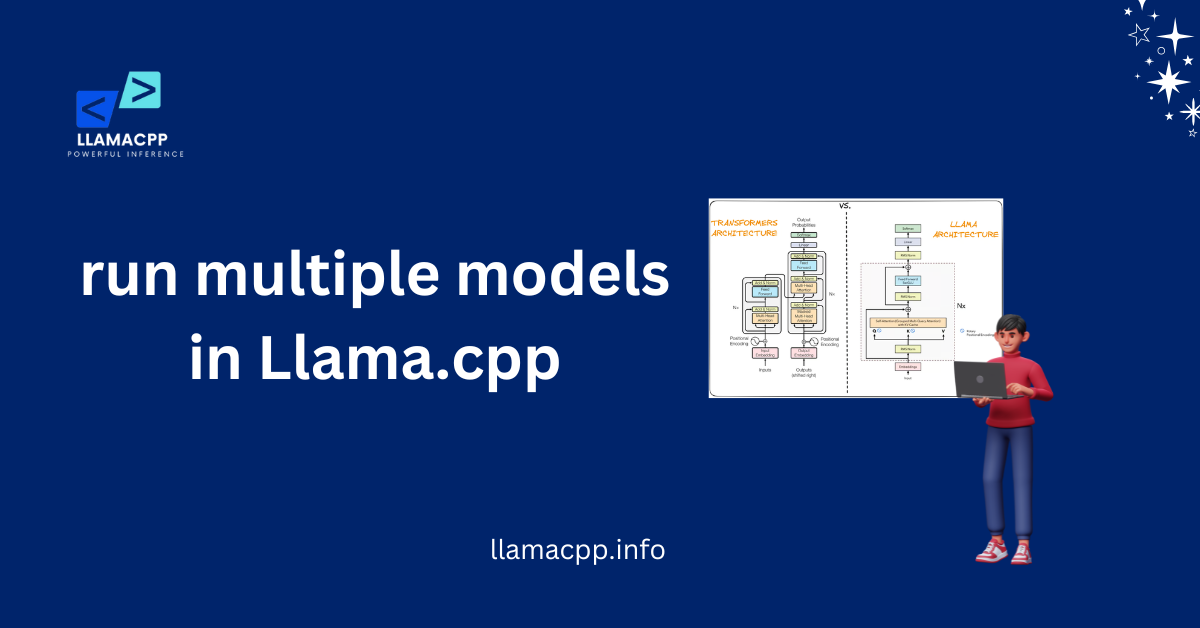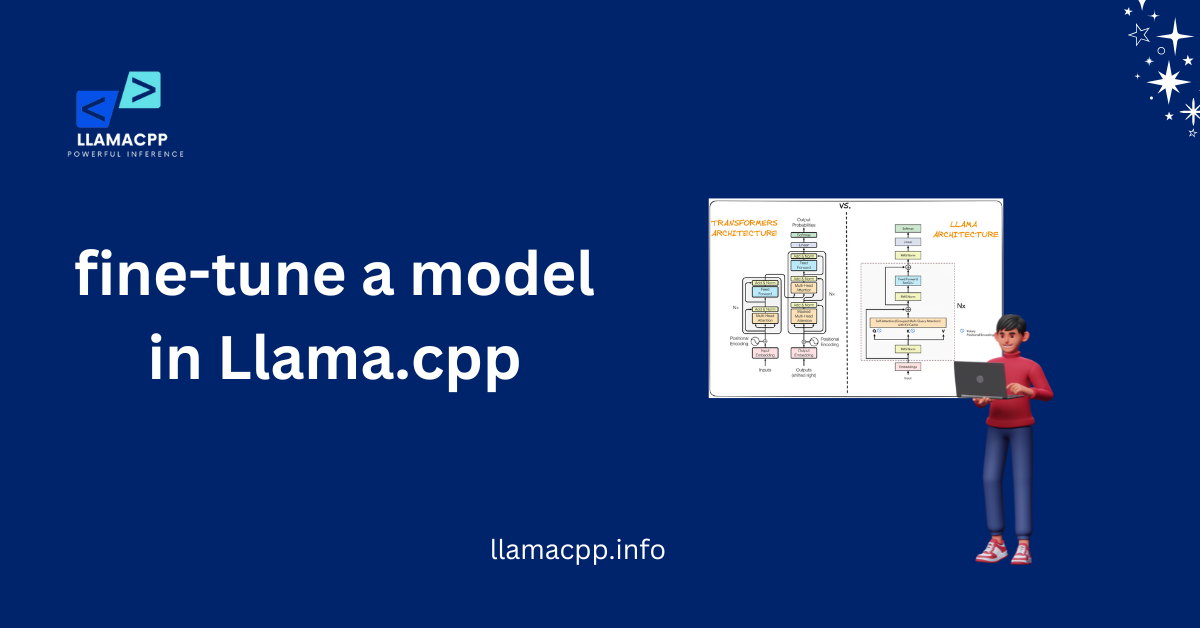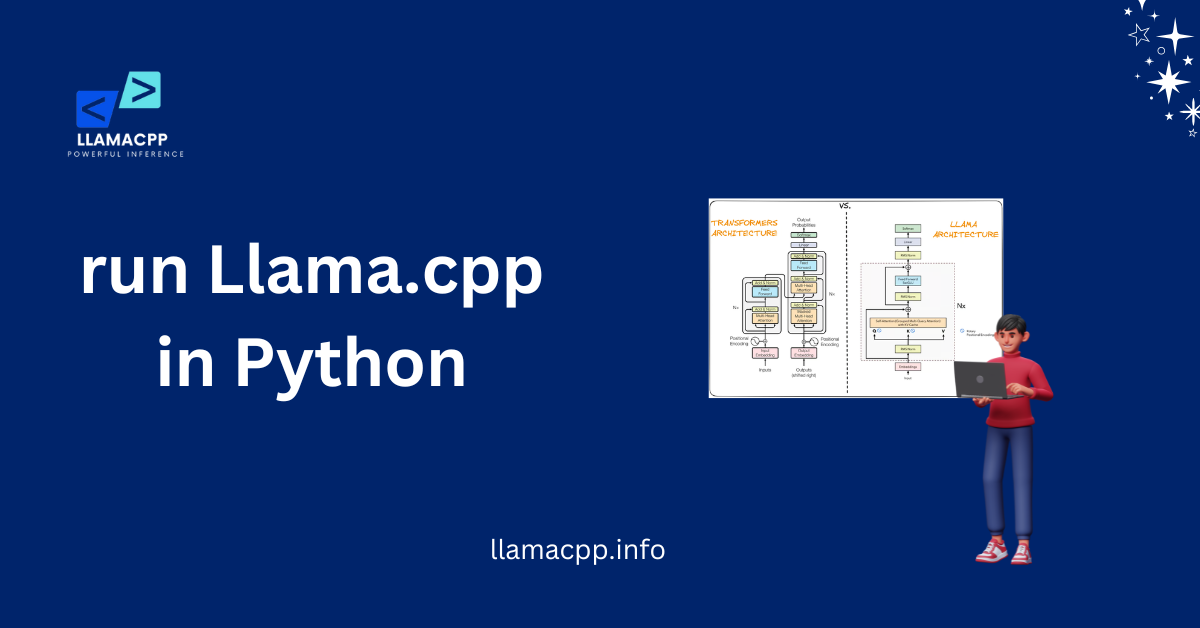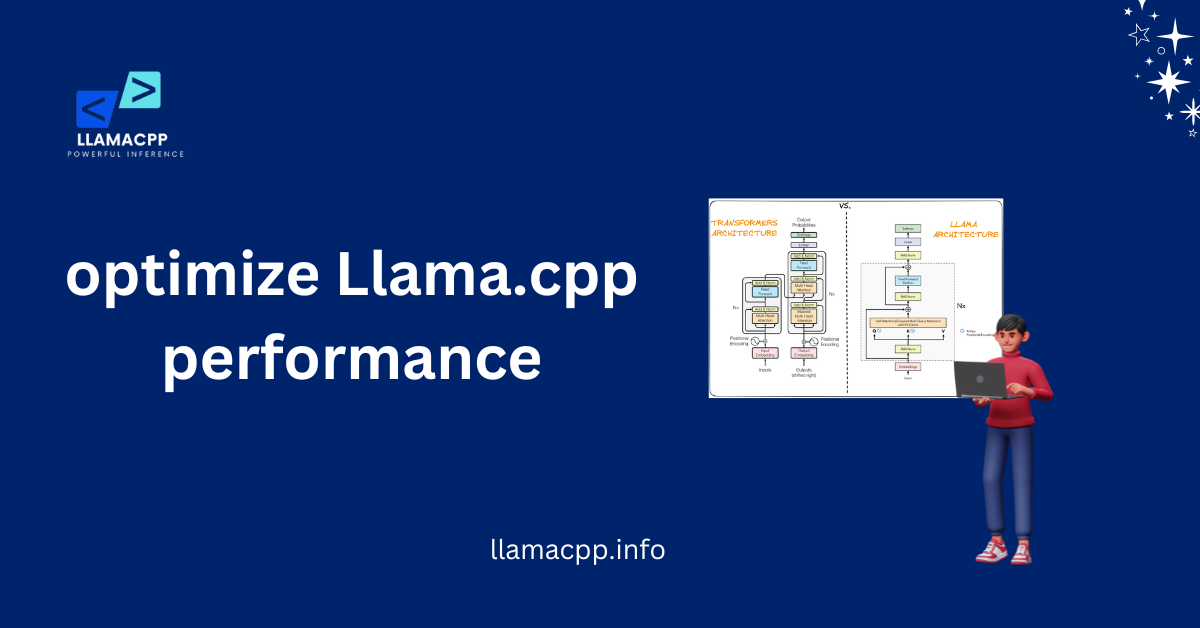Table of Contents
ToggleIntroduction
Llama.cpp dependencies are essential for running this AI tool without issues. If you don’t have them, you might get errors, or things will run slowly. This is what Llama.cpp needs to be able to talk to your system and use the right tools. They allow it to work with your tools and run smoothly. You might have trouble with setup and crashes without them.
Think of dependencies as the building blocks of Llama.cpp. Each one has a job, like handling code or boosting speed. Some are needed, and others make things run more smoothly. It saves time and avoids mistakes by setting them up correctly. In this guide, we’ll study them straightforwardly.
What is Llama.cpp and Why Does It Require Dependencies?
It’s easy to run AI models on different systems with Llama.cpp, a small tool. It is made to be quick and effective, which makes it an excellent choice for people who need results quickly. However, it does not work by itself. For it to work right, specific tools and libraries are required. These tools are known as Llama.cpp requirements and help it run smoothly.
Without the correct dependencies, Llama.cpp may not install properly. It might not work right or crash. These dependencies are like building blocks that let the software make good use of the system’s resources. They make sure that Llama.cpp can work with your hardware, quickly handle data, and not make mistakes.
How Llama.cpp Works with Dependencies
Llama.cpp uses dependencies to communicate with your system. They help it understand and process data. Without them, it cannot function as expected. Having the right Llama.cpp requirements makes sure everything runs smoothly.
Why dependencies are necessary for performance
Dependencies help Llama.cpp runs faster and more smoothly. They allow it to use system memory, optimize performance, and handle jobs properly. Not having the right Llama.cpp dependencies can cause problems or slowdowns.
Essential System Requirements for Llama.cpp
Your system needs to meet some basic needs in order to run Llama. cpp smoothly. It requires the proper hardware and software to function correctly. Without them, you may face errors or slow performance. For the software to work right, it also needs Llama.cpp requirements.
If your system is outdated, Llama.cpp might not install or run well. It requires enough processing power, memory, and storage. Hardware that isn’t up to par can cause problems even if the Llama.cpp dependencies are correct. Here are the most critical system needs you should look over.
Basic Hardware Needs
Llama.cpp works best with a modern processor and enough RAM. A CPU with at least four cores and 8GB RAM is recommended. Dependencies on Llama.cpp might not work right if your system isn’t strong enough.
Required Software Tools
Your system must have Python and CMake installed. These tools help manage Llama.cpp dependencies and ensure smooth operation. If you don’t have them, you might have trouble installing them.
Support for storage and GPU
Llama.cpp does not take up much space, but it is good to have at least 10GB of free storage. A powerful GPU with CUDA support can improve speed, and the right Llama.cpp dependencies will help optimize performance.

Core Dependencies Required for Llama.cpp
Llama.cpp needs specific tools to work correctly. These tools, called Llama.cpp dependencies, help it run smoothly. Without them, the software may not install or function properly. Each dependency plays a role in making sure everything works as expected.
Some dependencies help run multiple models in Llama.cpp data faster. Others allow it to communicate with your system. Installing the right Llama.cpp dependencies prevents errors and improves performance. Below are the key ones you need.
CMake for Building the Software
CMake is an essential tool for setting up Llama.cpp. It organizes files and ensures everything is in the right place. Without CMake, Llama.cpp dependencies may not install correctly, leading to errors.
Python for Running Scripts
Llama.cpp uses Python to execute commands and automate tasks. Many Llama.cpp dependencies need Python to function. If it is missing, some features may not work.
BLAS and CUDA for Faster Performance
BLAS helps speed up calculations, while CUDA allows Llama.cpp to use GPUs. These Llama.cpp dependencies make the software faster and more efficient. Without them, performance may be slow.
Optional Dependencies for Enhanced Performance
Llama.cpp works fine with essential tools, but some extra Llama.cpp dependencies can make it run even better. These optional tools boost speed, improve processing, and help handle larger jobs. They are not required, but they can enhance performance.
If you want Llama.cpp to work faster, these dependencies can help. They allow better use of your system’s power. Installing this Llama.cpp dependencies can make everything smoother and more efficient.
OpenBLAS for Faster Processing
OpenBLAS speeds up calculations, making Llama.cpp run more efficiently. It helps Llama.cpp dependencies process data quickly, reducing delays. Without it, tasks may take longer.
Metal for macOS Users
If you use a Mac, Metal helps Llama.cpp run smoothly. It lets Llama.cpp working mechanism use Apple’s graphics hardware for better speed and efficiency.
cuBLAS for NVIDIA GPUs
cuBLAS is excellent for those with NVIDIA GPUs. It helps Llama.cpp use graphics power for better performance. With this Llama.cpp dependency, tasks are completed faster and more smoothly.
How to Install Llama.cpp Dependencies on Different Platforms
Installing Llama.cpp dependencies depends on your operating system. The commands and tools needed for each platform are different. Setting them up correctly ensures smooth performance and prevents errors.
Whether you use Windows, macOS, or Linux, installing Llama.cpp dependencies is simple. To get ready for Llama.cpp, do the things listed below.
Setting up on Windows
On Windows, you need tools like CMake, Python, and Visual Studio. First, install CMake and Python, then set up Llama.cpp requirements using the command line. This makes sure that all the necessary files are present.
Setting Up on macOS
People who use macOS need Homebrew to make installation simple. With simple commands, you can install CMake, Python, and other Llama.cpp dependencies quickly, making setup convenient.
How to Install on Linux:
Linux users can use package managers such as APT and Yum to install the dependencies of Llama.cpp. Executing a couple of commands gets things in place that are necessary for Llama.cpp to run efficiently.
Common Errors and Fixes When Setting Up Dependencies
Setting up Llama.cpp dependencies is usually straightforward, but sometimes errors occur. Missing files, outdated versions, or incorrect installations can cause issues. These problems can stop Llama.cpp from running correctly.
Most mistakes have easy fixes. Most problems can be fixed by checking paths, updating software, and reinstalling files that are missing. Below are some common errors and their solutions to help you set up Llama.cpp dependencies smoothly.
Missing Dependencies
Files going missing is a common problem. This happens when some Llama.cpp dependencies are not installed correctly. If you see an error about missing files, reinstall the required packages. Use the correct commands for your system.
Checking installation logs can also help. Sometimes, a failed installation leaves incomplete files. Removing them and reinstalling them ensures that everything is set up correctly.
Version Compatibility Issues
Old versions of dependencies may not work with Llama.cpp. If you get an error about version mismatch, update the dependencies. If you use old software, it might cause problems that stop Llama.cpp from running.
To fix this, update all Llama.cpp dependencies to the latest versions. Package managers like APT, Yum, or Homebrew can help you update them easily.
Incorrect Path Settings
If the system doesn’t doesn’t recognize dependencies, the file paths may be incorrect. This issue happens when installation locations are not set correctly. Llama.cpp needs the correct routes to locate all necessary dependencies.
To correct this, verify the system environment variables. Ensure that paths to Llama.cpp dependencies are correctly added. If the issue persists after changing the paths, a system reboot might also solve the problem.
Conclusion
Installation of Llama.cpp dependencies are necessary for unproblematic functioning. In the absence of proper dependencies, the software may not work correctly. Ensuring all required files are installed and updated helps avoid errors. The setup process becomes more manageable when dependencies are correctly configured.
Things like missing files, old versions, or wrong paths can cause problems every day. However, these errors can be easily fixed with the right approach. Regular updates and proper installation steps keep Llama.cpp running efficiently. By understanding the dependencies and Troubleshooting methods, you can avoid significant setup issues. A well-configured system ensures Llama.cpp performs at its best.
FAQs
1. What is Llama?cpp dependencies?
Llama.cpp dependencies are essential software and libraries required for the program to function correctly. These include compilers, frameworks, and system packages that support its execution.
2. Why do I need to install dependencies for Llama.cpp?
Dependencies give Llama.cpp the tools and functions it needs to work properly. Without them, the software may show errors or fail to execute correctly.
3. How can I check if I have all the required dependencies?
You can check installed dependencies using system commands like pip list, apt list –installed, or brew list. Comparing them with the official requirements ensures nothing is missing.
4. What should I do if a dependency is missing?
If a dependency is missing, install it using the correct package manager for your system. Running installation commands like pip install, apt-get install, or brew install usually solves the issue.
5. Can I update Llama.cpp dependencies?
Yes, updating dependencies is recommended for better performance. Use package managers to update them by running commands like pip install –upgrade or sudo apt update && sudo apt upgrade.
6. What happens if I install the wrong version of a dependency?
Using an incorrect version may cause compatibility issues or errors. Always check the official documentation to install the correct version for Llama.cpp.
7. How can I fix path-related errors for dependencies?
By changing environment variables, you can make sure that the system knows about the dependencies that were loaded. Restarting the system after making changes can also help.
8. Do I need all optional dependencies for Llama.cpp?
No, optional dependencies enhance performance but are not always necessary. Installing them can be beneficial if you need extra features or better speed.
9. Can I put Llama.cpp dependencies on macOS, Linux, or Windows?
Yes, Llama.cpp supports multiple platforms. Each operating system has its own set of installation steps, so making sure you follow the right steps ensures that everything goes smoothly.
10. What should I do if I still face issues after installing dependencies?
If problems persist, check for missing files, update software, or reinstall dependencies. Reading error messages carefully and looking at documentation can help find a solution.

